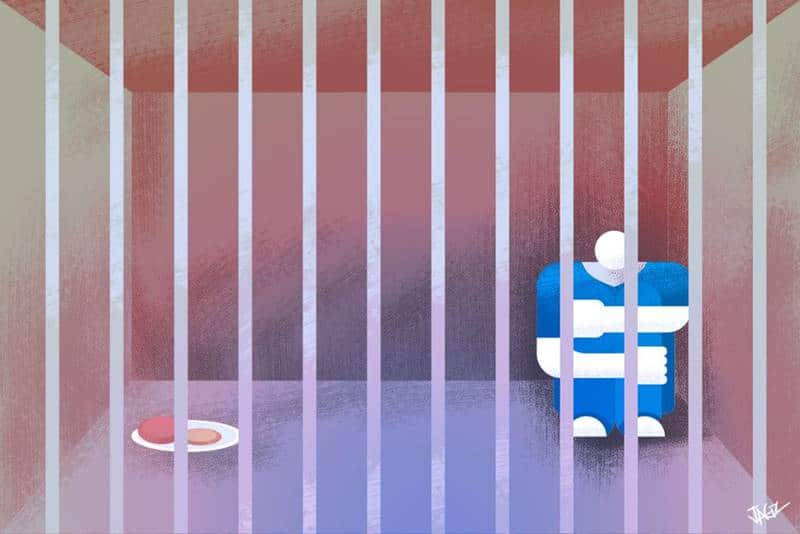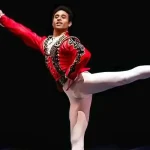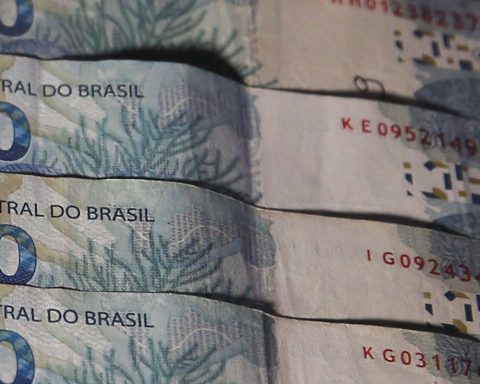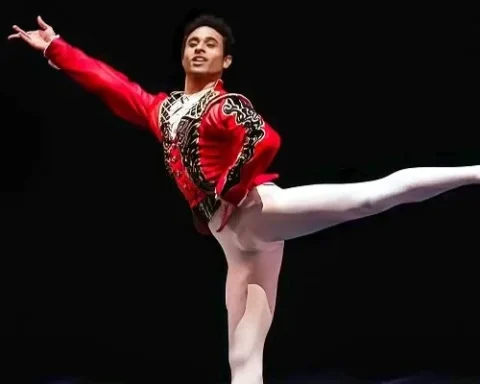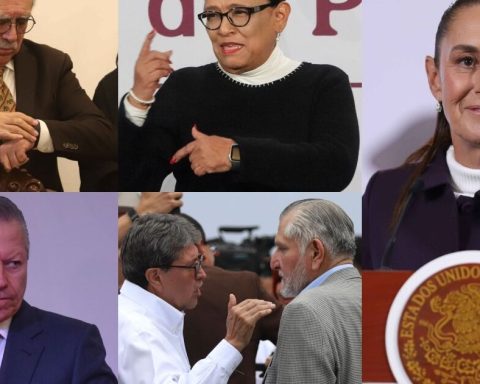So far in 2022, the regime of Daniel Ortega and Rosario Murillo has imprisoned “express” to some 30 Nicaraguans, according to the citizen observatory Urnas Abiertas. During the detentions -from three to five hours-, the citizens were interrogated, threatened with years in prison and warned that “they watch them”.
Open Ballot Boxes accounted for 24 express arrests up to June; however, between July and August, the records could reach up to 30, indicates the member of the organization, Ivania Álvarez. All those detained are considered opponents, either because of their local leadership or because critics of the regime had been openly identified through social networks.
Contrary to the repressive escalation of 2021, which concluded with 61 people arrested —including seven presidential candidates and leaders from different sectors of civil society— and sentenced to between seven and thirteen years in prison, the retentions registered in 2022 are not focused on enlarging the list of political prisoners —which totals 190—otherwise “in creating terror and expelling from Nicaragua those uncomfortable voices for the regime”Alvarez values.
The Police uses several ways to capture opponents: they look for them in their homes; He sends summonses for them to appear at police stations and uses road checkpoints and border checkpoints.
Under police custody they are subjected to interrogations and taken to cells. The agents tell them that they know that “they are planning something against the government”, they tell them that “we know that you receive money”, “we know that they are holding meetings with outsiders through zoom,” says Álvarez, who adds that many of cases remain anonymous for fear of reprisals.
They threaten to send them to the Judicial Aid Directorate (DAJ), known as El Chipote —where some thirty political prisoners remain incommunicado—; They are told that they will be detained for ten years and will be accused of spreading false news or treason, crimes used by the regime as a political weapon against opponents.
“I would not speak of an interrogation but of three, four hours of harassment, threats and accusations,” says Álvarez, who went into exile in Costa Rica due to persecution by the dictatorship.
Gonzalo Carrión, a member of the Nicaraguan Never Again Human Rights Collective, points out that express arrests have been used by the regime since the start of the Civic Rebellion in 2018. They are aimed at instilling terror and are considered a “systematic pattern” and “a modality that is within the framework of torture as a system.”
He adds that, during these four years of socio-political crisis, the same questions have persisted in the interrogations: “who is paying you”, “who is organizing you”, and the accusations of “putschist”, “terrorist”subject to the script manufactured by the Government, when trying to delegitimize the civic protest of 2018.
Of all the arrests, the only case that led to a judicial process was that of the opponent and member of the Civic Alliance for Justice and Democracy, Yubrank Suazo, sentenced to ten years in prison. The arrest of three musicians in April, detained for ten days in El Chipote, ended with the forced exile of the artists.
From April 2018 to May 2020, the Ortega regime imprisoned at least 1,614 citizens for their participation in or support of social demonstrations, according to a report by the OAS Inter-American Commission on Human Rights (IACHR), which also warned of mistreatment. and cruel treatment, overcrowding, and sexual violence, among other human rights violations suffered by prisoners of conscience in the prison system.
Internal displacement and exile
Álvarez clarifies that there is always an underreporting of express arrests because not all people report their cases out of fear.
He considers that the regime maintains the detentions for short periods of time because it seeks to push the leaders towards migration. The people who were arrested do not expect the Police to come back to look for them because they are not sure that they will be released. For that reason they decide to move within the national territory or, well, migrate.
“We believe that they do not want the list of prisoners to grow, but rather to get rid of local leaders by sending them into exile,” says Álvarez.
For Carrión, it is evident that the arrests seek to “stop the exercise of rights” and if those involved decide to stay in the country, it must be anonymous, as a consequence of the method of terror.
The purpose is to “paralyze you, demobilize you to disorganize you,” he says. According to Open Polls, during the first half of 2022, 385 acts of political violence were recorded in Nicaragua.
